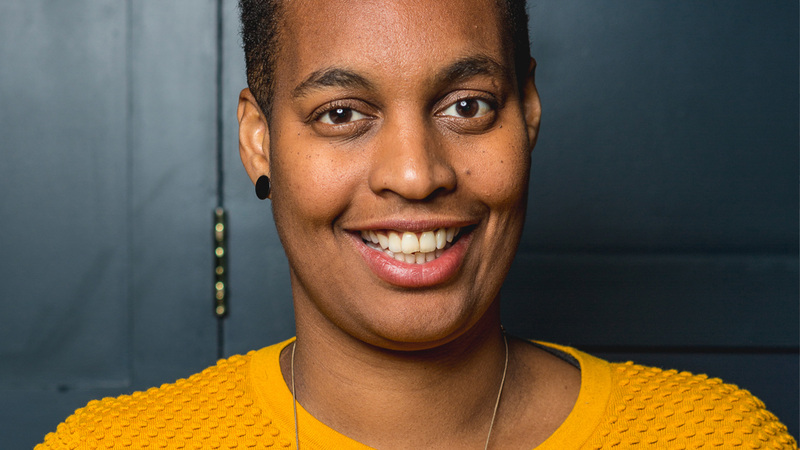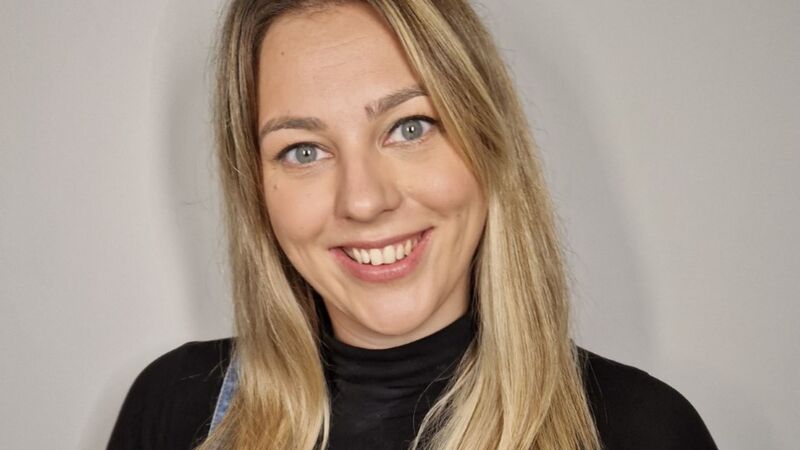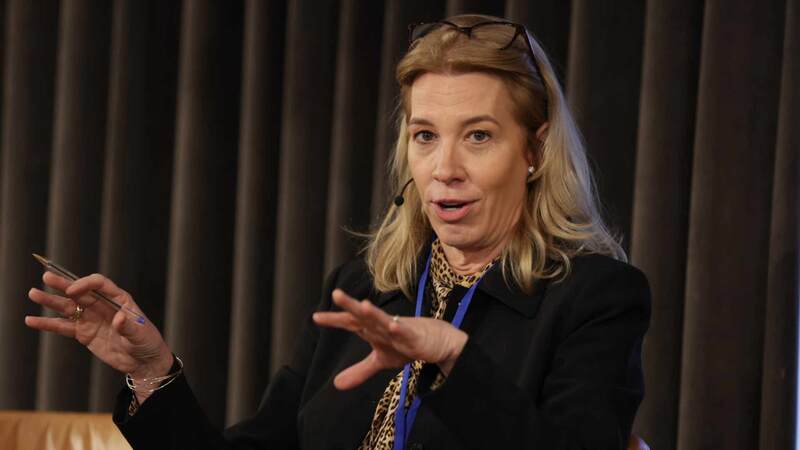You are viewing your 1 free article this month. Login to read more articles.
NUJ targets Hachette with recruitment drive
The National Union of Journalists is targeting Hachette staffers in a recruitment drive which includes a half-price membership offer, following what it says is an uptick of interest in the union among the publisher's employees.
NUJ organiser Fiona Swarbrick said she had seen an increase in union interest throughout the publishing industry following the gender pay gap revelations earlier this year. She said the interest had been triggered by "the need for collective bargaining instead of individualised pay conversations" in the light of "the lack of pay transparency - what sums were involved and how they were distributed."
"People are concerned about a lack of movement [on pay] but they feel a bit directionless," Swarbrick told The Bookseller. "'What can I do in a big company?' We can provide a structure for people on dealing with this collectively and collegiately."
At Hachette in particular, "a lot of people are coming forward, and a lot of new initiatives", Swarbrick said. NUJ members, supported by union officers, have held three meetings for Hachette staff thus far. The union has also distributed leaflets at the Carmelite House office, and Hachette workers are being offered a 50% discount on their first year's union subscriptions if they join the NUJ before the end of August.
The NUJ does not have recognition at Hachette for collective bargaining on pay, although it is recognised at certain other houses including Penguin Random House, Faber, Usborne and Taylor & Francis. Ten per cent of a company's workforce are required to be union members before it is eligible to apply for statutory recognition.
Swarbrick said: "At Hachette there has been a lot of rhetoric from management about the pay gap, which I think is sincere, but people continuing to try to achieve gender parity and progression for their senior women are pessimistic about the prospects for real change without a structured method for holding management to their word.”
Hachette said in a statement: "We are aware that the NUJ is hoping to recruit at Hachette. Over 600 people at Hachette are engaged in our staff networks and working groups, supporting the work of Changing the Story led by Sharmaine Lovegrove and Nick Davies, and working directly, formally and informally and on a daily basis, with the board and the senior management of the company, to promote the values we share and ensure everyone is treated fairly and respectfully at work. We believe that this open, unmediated and collaborative way of working is in the best interests of staff and the company and is already transforming the way we work.
"As a result of working closely with staff, and advised and informed by our Gender Balance Network, we have published the list of actions we are taking to address our gender pay gap and we are already making great strides. We are very focused on taking an intersectional approach to all pay gap issues, and our THRIVE network represents the interests of BAME colleagues and their allies, Pride represents LBTQ+ colleagues and their allies, and other networks similarly reflect the aims, ambitions and values of staff and the company. Our mission is to report on and close any pay gaps and to make Hachette the publisher and employer of choice for all people."
Among measures on pay and career progression announced by the company in April was the introduction of visible pay bands to ensure pay transparency, up to the £50k level; beyond this threshold Hachette pledged to give "clear indications of the levels of pay that might be commanded by senior management roles, both within the company and within the industry." The company also pledged to ensure it was developing women for all types of leadership roles, saying it wanted to improve its "pipeline of talent in finance, IT and operations as all these functions are represented on the board and Exec."
Earlier this year Hachette UK Ltd disclosed a median pay gap of nearly 24%, although taking into account its distribution arms the Hachette Group had a median gender pay gap in women's favour at 1.32%. Pearson and Springer Nature both had pay gaps of 15% and HarperCollins 10.4%. Penguin Random House UK had an overall gender pay gap in women's favour - a median gap of 1.6%.
A breakdown of the company disclosures showed that, broadly speaking, although women make up 69% of the publishing workforce, they are heavily underrepresented in senior positions and the top pay quartiles.
Swarbrick said the NUJ also had strong interest from staffers at Macmillan Education, where the union does not have recognition, and is talking to the NUJ chapel at Taylor and Francis, where the union is recognised, about NUJ seats on a working party set up with management to tackle the gender pay gap.














